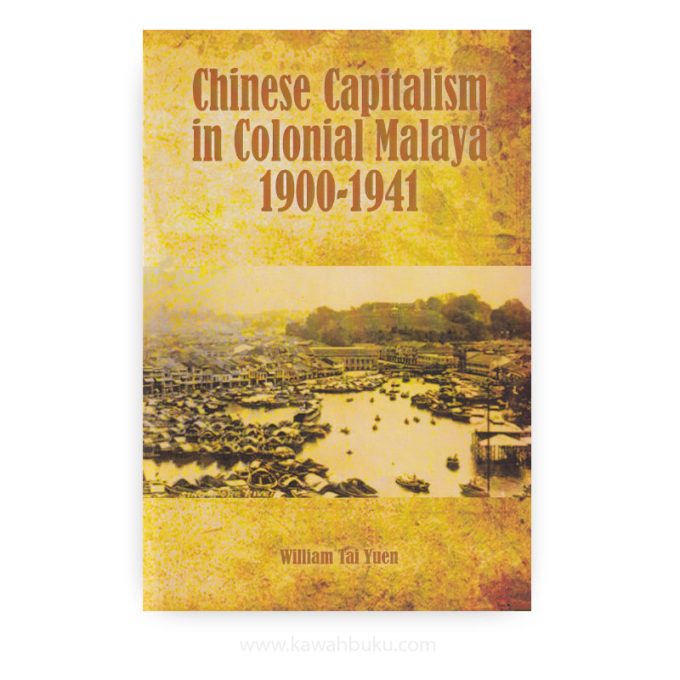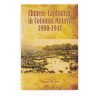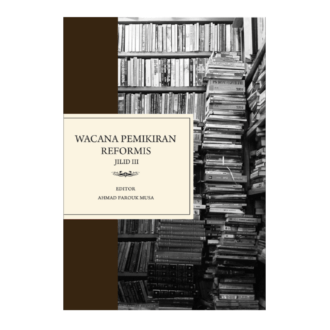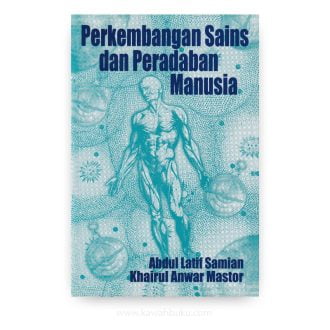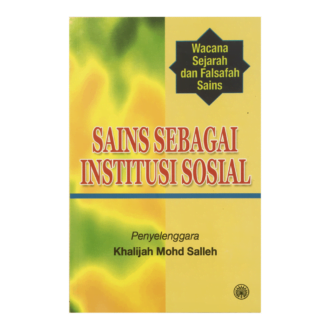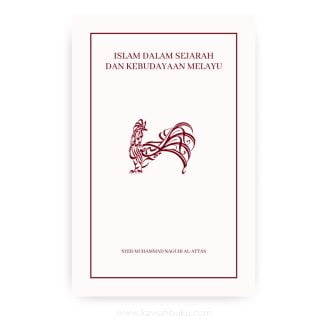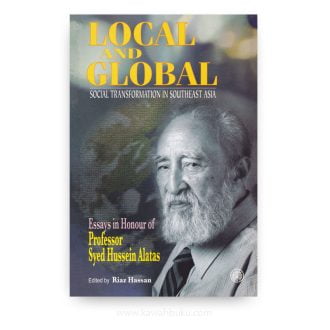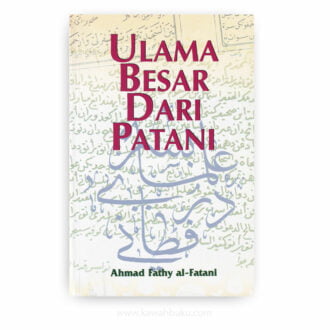Chinese Capitalism in Colonial Malaya, 1900-1941 seeks to delineate the growth of Chinese capitalism within the context of a colonial economy during a crucial period of Malayan history, from the beginning of the 20th century up to the eve of the Pacific War, tracing its trajectory in some major industries, trades and services. This subject is chosen because, in view of the large gaps in the existing literature, a written history of Chinese capitalism in colonial Malaya is long overdue. With the lapse of more than five decades since the end of the colonial era, much of the achievement of Chinese business enterprises during the period has already been woven into the fabrics of the economies of peninsular Malaysia and Singapore today.
Despite the momentous transformations wrought under the impact of globalisation and state policies, the two economies in their current condition cannot be properly understood without a historical dimension. Moreover, with the increasing academic and public attention focused on Chinese business in general, it cannot be overemphasised that Chinese business should be studied in its historical context, based on empirical evidence sufficiently strong to support generalisation, instead of a priori suppositions which have suffused much of Chinese business studies in recent years.
This book examines the growth of Chinese capitalism in Malaya in its world context and within the political and socioeconomic framework of Malayan society. This is based on the premise that Chinese capitalism was neither a transplant from China nor an autochthonous growth within Malaya, but was embedded as part of a colonial economy which was itself a product of the worldwide expansion of Western capitalism. It developed in tandem with the European and indigenous sectors, often in symbiosis and contradiction with them.
As part of an open colonial economy, Chinese capitalism was also susceptible to the fluctuations of world markets and the vagaries of international relations. Special attention is given to the policies and measures of the colonial state in different Stages of its evolution, and how these impacted the growth of Chinese capitalism. The interface between the European sector on the one hand and the Chinese and indigenous sectors on the other hand is considered g fault line in the colonial economy, and constitutes a major theme of this book.
The history of Chinese capitalism is a story of the endeavours of a specific group of humans in a specific set of circumstances. Humans are the creators of history, the protagonists on the grand stage. Economic history is, in the final analysis, made by people, not abstract economic forces. It was the joint efforts of the Chinese settlers as individuals and as a collective that created the economy and institutions that we call Chinese capitalism. Its history cannot be fully understood unless the activities of its leading actors are brought into the limelight.
Chinese Capitalism in Colonial Malaya, 1900-1941 recalls a large number of leading Chinese businessmen across a wide range of trades and industries back to the historical narrative, although many of them have almost faded from our collective memory. This assemblage of personalities will enable us to see the role of entrepreneurship in the making of Chinese capitalism and the dialectical relationships between humans and their environment.

